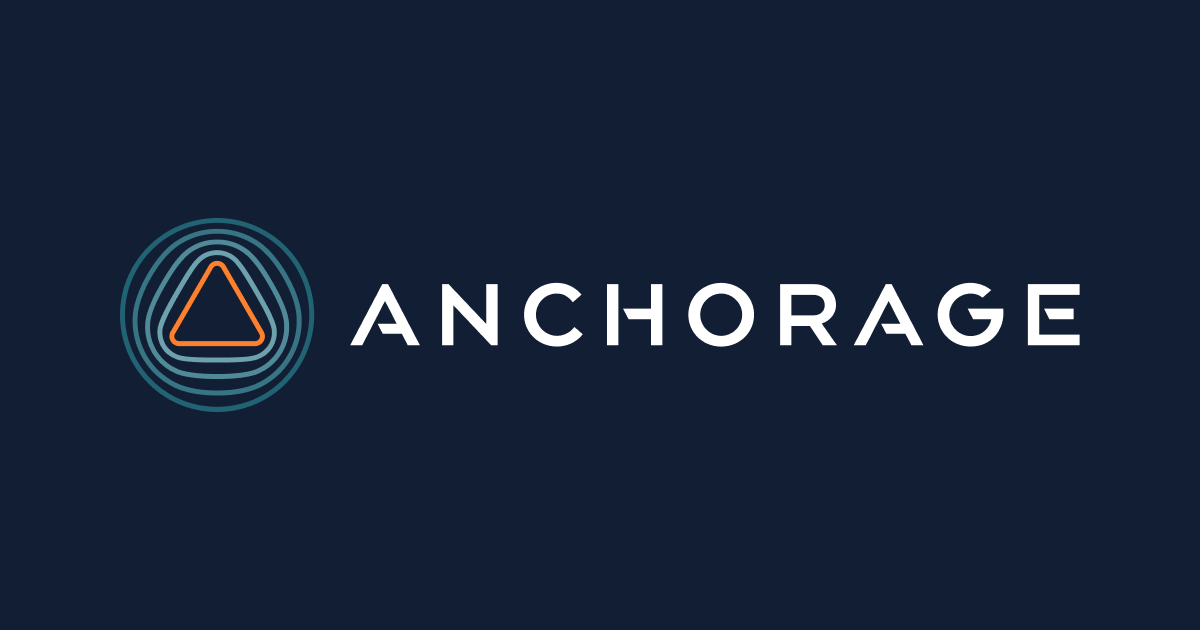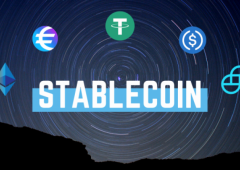Anchorage Bets Big on Stablecoins With Strategic Mountain Protocol Takeover
14.05.2025 11:00 1 min. read
Anchorage Digital, the only federally chartered crypto bank in the U.S., is strengthening its position in the stablecoin arena with the acquisition of Bermuda-based Mountain Protocol.
The deal, which is still pending regulatory approval, brings Mountain’s team and licensing framework under Anchorage’s expanding umbrella.
Mountain Protocol, known for issuing the USDM stablecoin, will begin phasing out its core product as part of the transition. The move signals a strategic pivot, as Anchorage prepares to scale its stablecoin capabilities to meet growing institutional demand.
CEO Nathan McCauley of Anchorage said the acquisition reflects a long-term bet on stablecoins as a foundational layer of crypto finance. “We believe stablecoins will soon become essential infrastructure for businesses globally,” he noted.
For Mountain Protocol, the partnership offers scale. CEO Martin Carrica emphasized that combining Anchorage’s robust infrastructure with Mountain’s stablecoin expertise will help the joint operation serve a growing market with regulatory clarity and global reach.
The acquisition follows a string of similar moves across the crypto and traditional finance space, as firms position themselves for the next phase of digital asset adoption. Anchorage’s acquisition comes less than a year after it launched a stablecoin rewards program tied to PayPal’s PYUSD.
As stablecoins continue to carve out a central role in institutional finance, Anchorage’s latest move suggests it’s aiming to lead the charge.
-
1
U.S. Bank Advises Clients to Drop These Cryptocurrencies
29.06.2025 10:00 2 min. read -
2
Chinese Tech Firms Turn to Crypto for Treasury Diversification
26.06.2025 17:00 1 min. read -
3
FTX Halts Recovery Payments in 49 Countries: Here Is the List
04.07.2025 18:00 2 min. read -
4
What Are the Key Trends in European Consumer Payments for 2024?
29.06.2025 8:00 2 min. read -
5
What Brian Armstrong’s New Stats Reveal About Institutional Crypto Growth
29.06.2025 15:00 2 min. read
Here is Why Stablecoins Are Booming, According to Tether CEO
In a recent interview with Bankless, Tether CEO Paolo Ardoino shed light on the growing adoption of stablecoins like USDT, linking their rise to global economic instability and shifting generational dynamics.
U.S. Dollar Comes Onchain as GENIUS Act Ushers in Digital Era
In a statement that marks a major policy shift, U.S. Treasury Secretary Scott Bessent confirmed that blockchain technologies will play a central role in the future of American payments, with the U.S. dollar officially moving “onchain.”
JPMorgan Lawsuit Threatens Crypto Access and Open Banking Rights
JPMorgan and other major U.S. banks are under fire for a lawsuit aimed at dismantling the Consumer Financial Protection Bureau’s (CFPB) newly established “Open Banking Rule.”
Greed Holds as Market Momentum Builds: What is the Market Sentiment
The crypto market remains firmly in “Greed” territory, with CoinMarketCap’s Fear & Greed Index clocking in at 69/100 on July 19. Despite a modest 24-hour dip from 71, the index has now held above 60 for 11 consecutive days.
-
1
U.S. Bank Advises Clients to Drop These Cryptocurrencies
29.06.2025 10:00 2 min. read -
2
Chinese Tech Firms Turn to Crypto for Treasury Diversification
26.06.2025 17:00 1 min. read -
3
FTX Halts Recovery Payments in 49 Countries: Here Is the List
04.07.2025 18:00 2 min. read -
4
What Are the Key Trends in European Consumer Payments for 2024?
29.06.2025 8:00 2 min. read -
5
What Brian Armstrong’s New Stats Reveal About Institutional Crypto Growth
29.06.2025 15:00 2 min. read


